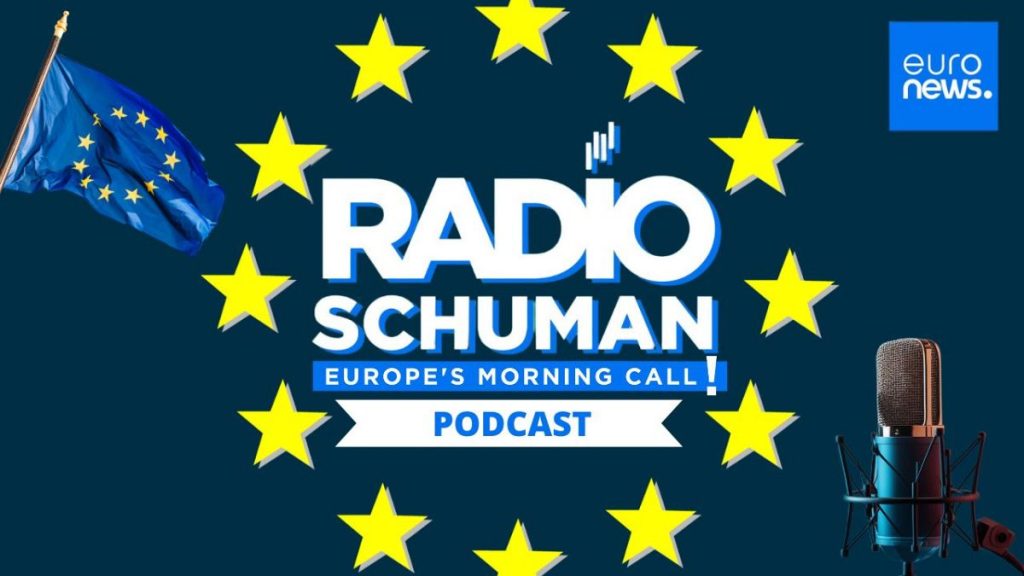The dawn of 2025 inherits a complex web of political and economic uncertainties from the preceding year, with the potential re-election of Donald Trump as US President looming as a significant disruptor for the European Union. 2024’s unresolved issues, ranging from geopolitical tensions to internal policy debates, are set to dominate the European agenda. The EU faces a year of navigating a shifting global landscape, managing internal power dynamics, and addressing pressing economic challenges. The potential return of Trump to the White House adds another layer of complexity, with potential ramifications for transatlantic relations, trade, and global security.
Ursula von der Leyen’s influence within the EU is expected to grow, further shaping the bloc’s direction and priorities. Simultaneously, upcoming elections in Germany, a key player in the EU, could significantly alter the balance of power within the Union, influencing policy decisions and alliances. These internal shifts occur against a backdrop of global uncertainty, particularly regarding the future of relations with Russia and China, which are likely to be further complicated by a potential Trump presidency.
Key policy discussions in 2025 will revolve around the EU’s Multiannual Financial Framework (MFF), the long-term budget that dictates the Union’s spending priorities. Discussions surrounding increased defense spending, reflecting growing security concerns, and ongoing migration reforms, a persistently contentious issue, will also be central to the EU’s agenda. These discussions will take place amidst broader debates on competitiveness, energy security, and the persistent challenge of tackling budget deficits in various EU economies.
The first Radio Schuman episode of 2025 delves into these multifaceted challenges, exploring the potential scenarios and their implications for Europe. Featuring insights from Euronews reporter Paula Soler, the episode analyzes the ripple effects of 2024’s unresolved issues and the potential impact of a Trump presidency. The program also examines the recent Croatian presidential election, providing an analysis of its outcome and potential implications for the region.
Beyond the realm of high politics, Radio Schuman also sheds light on the activities of the European Parliament’s first MEP delegation of the year, focusing on their work abroad and the issues they are tackling. This segment provides a glimpse into the European Parliament’s engagement with international partners and its efforts to address global challenges.
Finally, the episode tackles a contemporary social and health issue: the rise of electronic cigarettes. Examining the growing popularity of vaping across Europe, the program explores the prevalence of e-cigarette use, the demographic profiles of users, and the potential health implications of this emerging trend. This segment reflects the program’s commitment to addressing a wide range of issues that impact European citizens, from geopolitical dynamics to public health concerns.
The Radio Schuman program, hosted by senior policy reporter Gerardo Fortuna and produced by journalist Eleonora Vasques, with audio editing by Georgios Leivaditis and music by Alexandre Jas, provides a comprehensive overview of the key challenges and opportunities facing Europe in 2025. By analyzing political developments, economic trends, and social issues, the program offers valuable insights into the complex landscape confronting the European Union and its citizens. The potential return of Trump to the US presidency adds a significant layer of uncertainty, underscoring the need for the EU to navigate a potentially volatile global environment while addressing its internal challenges. The program’s focus on diverse topics, from the EU budget to vaping trends, reflects the breadth of issues that shape the European landscape.

